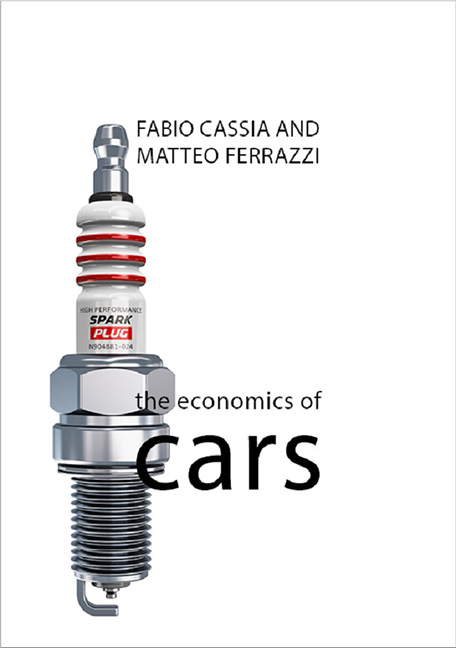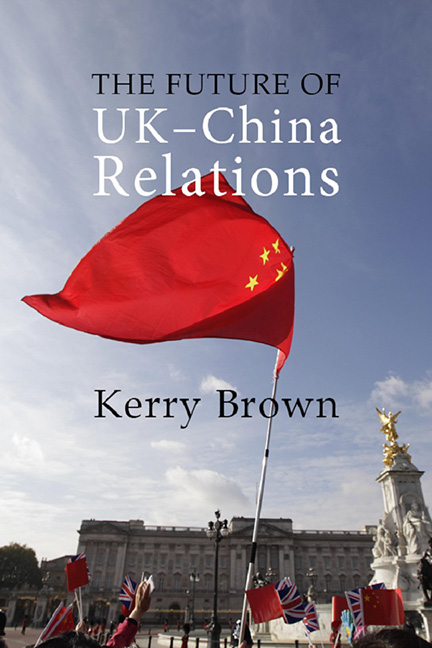We must link ethnography to political economy and ask how large-scale social forces become manifest in the morbidity of unequally positioned individuals in increasingly interconnected populations.
Paul Farmer, quoted in Ecks and Harper (2013: 252)It is easy to imagine countries within the Global South as “hearths” of infectious disease, an imaginary that is enabled by graphic stories of Ebola in parts of west Africa. This chapter moves away from such tropes, by focusing initially on non-communicable diseases and the role played in these by markets for alcohol and tobacco. I then turn to matters of gender inequality, revealing how this too shapes health outcomes for women in the Global South.
There is a welcome, and growing, interest in inequality among Indigenous peoples, whether in the Global North or Global South, and this is considered next. The impact of the maltreatment of such peoples and the resulting trauma are felt sharply in particular places, and this trauma transmitted from generation to generation.
The previous chapter painted some broad-brush canvases of health in five countries but said little about the health of people living in particular places. The present chapter addresses some of the inequalities in urban areas. It then considers inequalities in mental health, with a particular focus on children, an area in which – alongside social determinants – exposure to violence is of major concern. Links between place and wellbeing have attracted considerable interest in recent years (witness the new journal Wellbeing, Space and Society), and the interest extends to places in the Global South.
There is a generally accepted view among those researching health inequalities in the Global North that access to health services plays only a minor role in determining these. Established technologies such as geographic information systems (GISs) can help monitor unequal access, while newer ones based on the use of mobile phones can also help. But the same “inverse care law” (those most in need get the poorest access) applies even in the Global South.
Geographies of inequalities in non-communicable diseases
As noted in Chapter 2, Sustainable Development Goal 3 seeks to “[e] nsure healthy lives and promote well-being for all at all ages”; within this, Target 4 aims to “reduce by, onethird, premature mortality from non-communicable diseases through prevention and treatment”.








